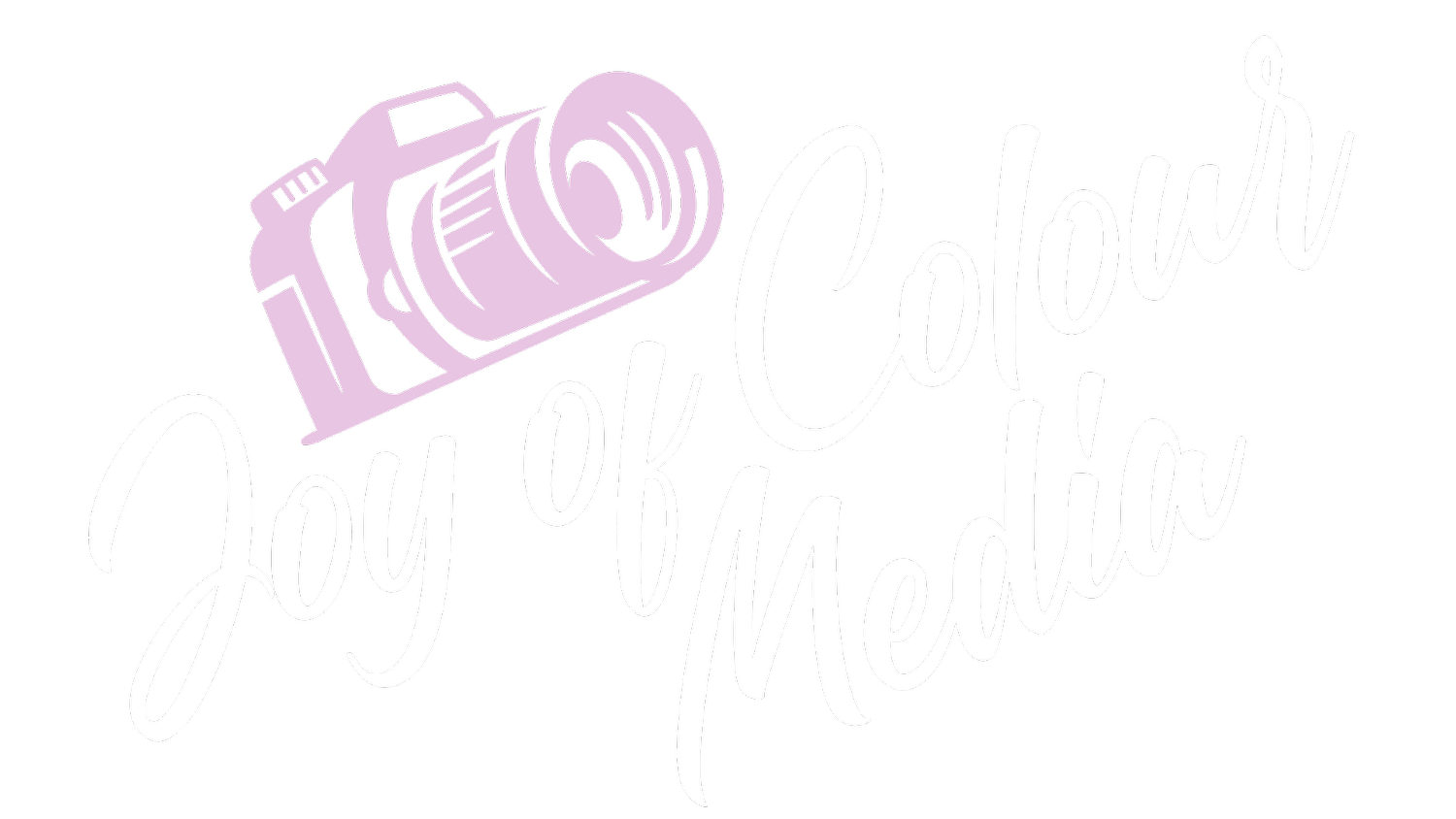Videographers are responsible for recording live events and small scale video productions. Unlike cinematographers that specialize in filming movies, videographers focus on smaller productions like weddings, birthday parties, documentaries, commercials and training videos for a company. They may film movies but these are typically limited to short films.
Videographers who work for a company are called corporate videographers. Their role is primarily limited to making video documentation that would advance the business. For example, if they are working for a firm that sells clothes online, their task may involve making a short video about the firm’s summer offerings that would be posted on its website. During the company’s community outreach and charity events, the videographer is responsible for recording the entire event.
These footages may be used by the company for publicity purposes to serve as proof that they are socially responsible as well as to promote their other advocacies. Other responsibilities of corporate videographers might include recording meetings for documentation purposes or operating equipment to facilitate videoconferencing sessions among executives located in the corporation’s different branches around the world.
Freelance videographers have more flexibility in terms of choosing the kind of projects they want to work on. For example, they may be able to ask for special permits to take footages of locations that are not otherwise open to the public. They may also be able to copyright their work and post it in online video channels. This showcases their ability and may help them get more freelance work and even bigger projects. The downside of being a self-employed videographer is that they have to work doubly hard to get projects. They would need to join in biddings for work and convince companies or film outfits that they deserve to have the job.
Videographers may do work outdoors and in remote locations. They will have to set up their equipment and must be prepared to make the necessary adjustments to their lenses, microphones and lights in order to capture the footage successfully. They will have to be ready to work in various weather conditions and bring their equipment with them while they are on location at all times.
Videographers are also responsible for choosing the right kind of equipment to shoot a scene. From the lens to the camera to the props, they have to make sure that they have everything they need in order to be able to get the best film footages possible. Maintaining equipment and ensuring that they function optimally are part and parcel of the job of videographers. They have to see to it that their audio and video recorders, cameras, lighting devices and others are properly calibrated and maintained. In doing so, they are certain that these will function when needed no matter where they are shooting the footages.
Editing the footages gathered is also another responsibility of videographers, although in larger production outfits, editors are responsible for the job. They typically do this in the studio after the videos have already been obtained. They usually use editing software to cut out the parts of the video that are not necessary to the finished product. They may also add graphics, text or other special effects to the footage. Videographers working with television stations may also be asked to prepare the background footages that reporters would use for their reports.
Videographers don’t just take videos or maintain equipment. They are also integral in the entire creative production process. For example, they may make suggestions to the editor on how a particular scene should be shot to highlight a subject’s features. In smaller production outfits, they may also make suggestions as to what topics to cover or the personalities to interview for a documentary. They may even be asked to maintain a blog that would update their clients on the projects that the team is working on.
Videographers who operate their own video production outfits may not necessarily be doing video recording work. They will be concerned with running the business by hiring videographers and other personnel, ensuring that they are trained well and getting them paid on time. They will also promote their firm to production outfits to bag a project, write contracts and keep track of the firm’s financial records. They also see to it that their permits and licenses to operate as a company are up-to-date and that their tax obligations are paid correctly and promptly.


